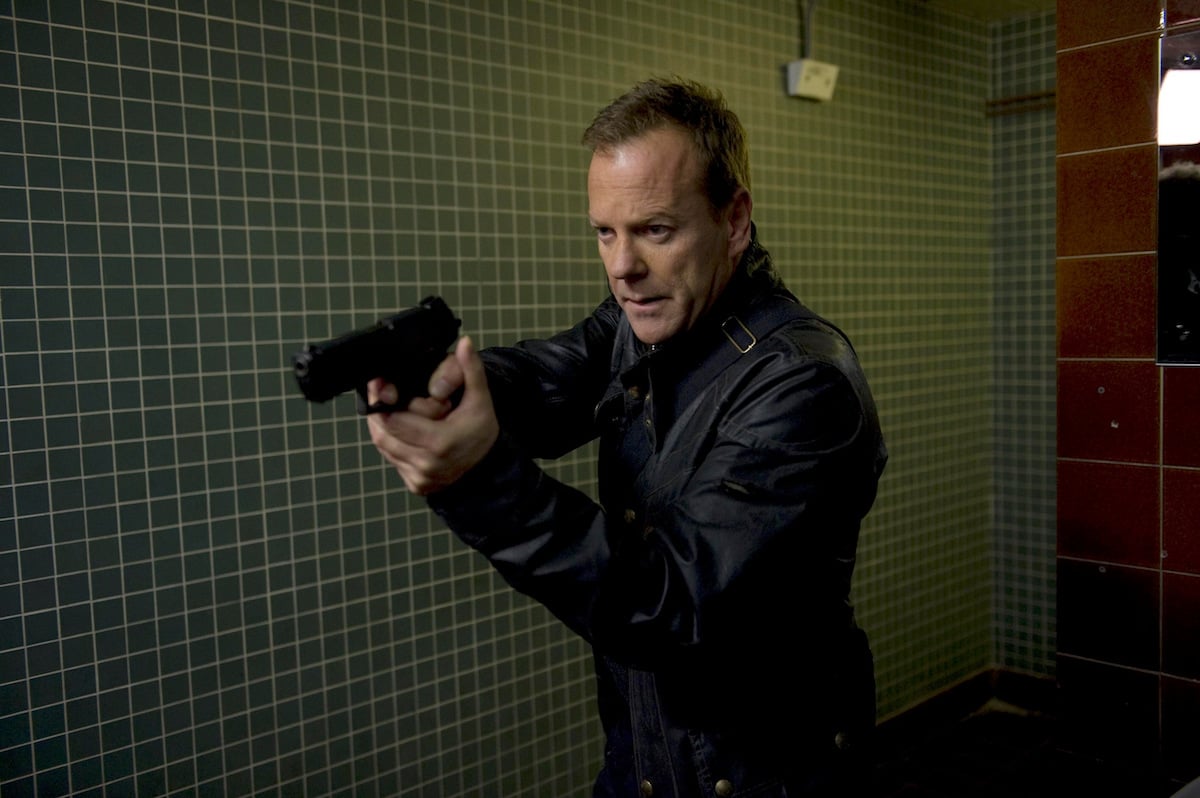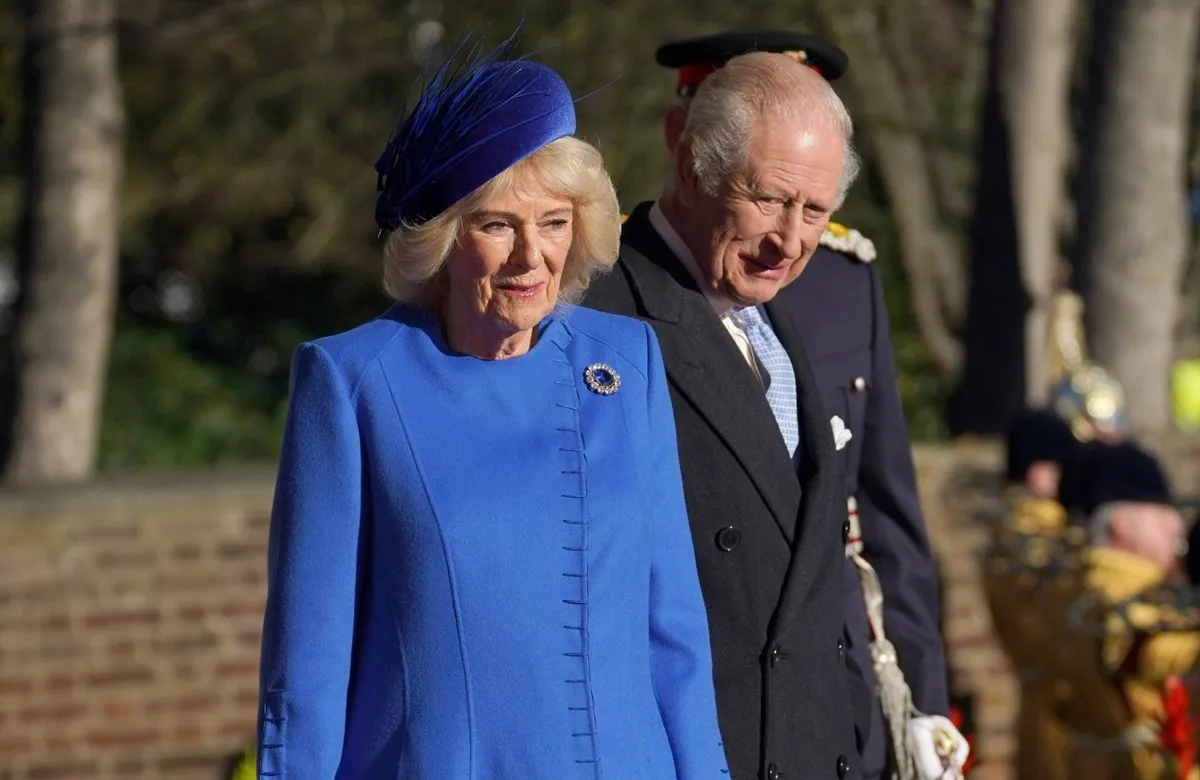’24’ Nearly Nixed the Show’s Real-Time Format
24 may no longer be on the air, but it left a lasting legacy on the TV landscape. It created new expectations for what TV shows could be – turning an hour-long episode into a cinematic experience.
One of the main reasons for 24‘s success was its real-time format. While the show lasted for many years with this winning formula, early on the producers nearly got rid of it.
Here’s the story of the show’s impact and how it almost changed radically after its great first season.
’24’ had an ingenious format
Most hourlong dramas have the same general format. If it’s a procedural, they’ll take the viewer through a specific process wrapped in an episode’s plot. Regular dramas may not be as formulaic, but there is generally an established theme that’s emphasized over the course of the episode. 24 had elements of both of these, but it did something no show before it had ever done.
It took place in real time. Each season took place over the course of one day – 24 episodes, each one an hour. Viewers saw the action unfold as it would in real life. There were no convenient time jumps that allowed the plot to move forward. This led to plenty of excitement and tension each week, as the audience knew the hero, Jack Bauer, was on the clock to handle whatever challenge he was facing.
How was season 1 handled?

Lasting multiple seasons, 24 had plenty of opportunities for over-the-top, heartstopping moments throughout its run. The first season is what set the tone, however. It was the foundation that started it all. The first season saw Jack attempt to foil an assassination plot targeting a popular presidential candidate, David Palmer.
Most shows tend to have season-long arcs that conclude in a satisfying way. It may not always be a happy ending, but it is a complete one. 24 bucked that trend however. While Jack was able to thwart the evil plot, it came with a high cost: in a shocking turn, his wife was shot and killed.
The first season ended on an unbelievable note and the groundwork had been laid for one of the most popular TV shows of all time. Viewers couldn’t wait to tune in for a second season. The show nearly took a new shape when it did return, however. It took the production team intervening to ensure that didn’t happen.
’24’ nearly nixed the show’s real-time format
In a 2003 piece on the show for the UK’s The Guardian, co-writer Virgil Williams discussed the show’s controversial and successful format. According to Williams, after the first season, the show’s creative team figured out how to execute the complicated format even better:
“To do that again was tough but so far the response has been more positive than last year… I would like to think that we have got a little better handle on how to control that kind of a story because it does get unruly. And, for lack of a better word, we busted our asses getting it together.”
Williams added that the producers even discussed shifting to a more traditional type of show, but that the suggestion was quickly shot down.
“One of our characters is the clock…[Changing the format] would be like killing Tony Soprano.”
It’s impossible to imagine Jack Bauer and company saving the day without the prospect of a ticking clock in the background. It’s part of what made the series the hit it was. With this show, you always knew that the clock was going to play a role. It helped ratchet up the drama and tension.


